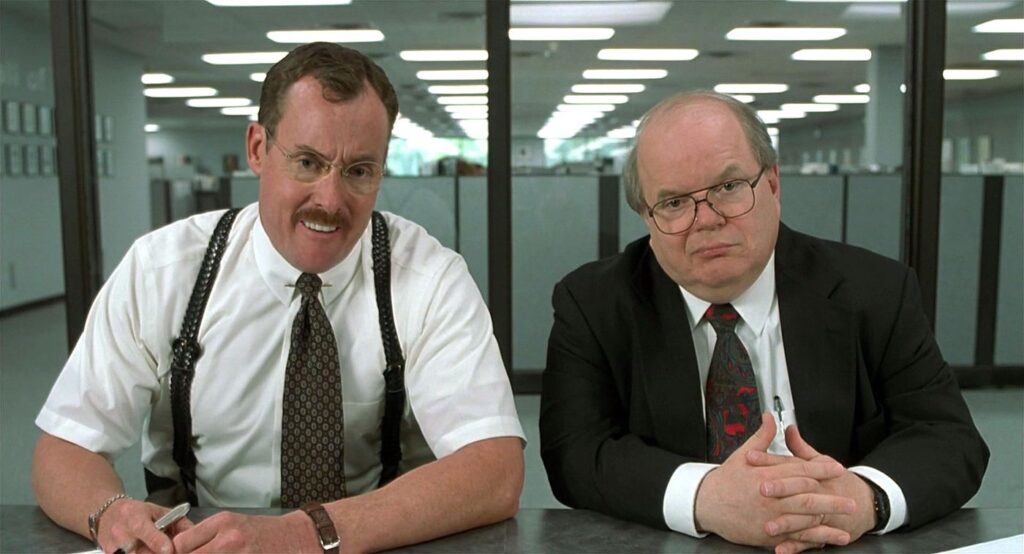7 Red Flags During a Job Interview You Can’t Afford to Miss as a Candidate

TL;DR
Job applicants may excitedly apply for their dream job but walk away sorely disappointed once they learn the company isn’t quite what they expected. Spotting these 7 red flags can help you avoid that.
In some cases, it’s apparent a company isn’t a good one to work for, but in other cases, it’s less obvious.
If you’re aware of warning signs during the interview process, it can significantly improve your chances of finding the right job fit.
Be on the lookout for the following seven red flags during the interview process.
1. The recruitment process is chaotic
After submitting a resume and/or application, the process begins. Employers expect applicants to be prepared, but they should be prepared as well.
Certain things should be in order before and during candidate interviews.
Unfortunately, this isn’t always the case.
Employers wave red flags when they neglect to: read resumes before the interview, provide detailed job descriptions, return phone calls, answer questions, or show up on time.
In cases where employers act unprofessional, indifferent, or offer a chaotic interview process and are giving signs it’s perhaps a good idea to walk away.
2. People being disrespectful
How the interviewer speaks about colleagues, managers, or the organization itself is important. What is the overall tone? Is there gossip?
If being interviewed by a panel, are they rude or disrespectful to one another during the process?
Do they talk over each other?
Any display of disrespect is a sign the organization may not be the ideal one to land a job.
3. High turnover of managers and employees

Companies with consistent turnover signal the organization has problems. It could be they treat employees badly, have a toxic work environment, or employees get burnt out.
Before accepting a job, investigate the reasons why people are resigning.
4. Displays vagueness and/or lack of consistency
Candidates are typically encouraged to ask questions. Employers being vague about the job and its duties may not even know the type of employee they want, or it could be a bait-and-switch attempt.
If a candidate senses vagueness, ask more questions to try to get more clarification.
When interviewers evade answering or give inconsistent answers, both are bad signs.
Up to 40% of employers lie during job interviews.
5. Lack of interest from the interviewer
Interviewers give candidates one of their first impressions of the company, and it’s a good idea to pay attention to the interviewer’s level of interest.
Employer representatives who don’t participate in conversations, avoid eye contact, look at their phone, or appear disengaged are consciously or unconsciously sending the candidate a message.
It could be they don’t care about their job, are burnt out, or have another person already lined up for the job.
6. Drawn out interview process
A long, exhaustive interview process is something to be wary of because it could be the employer isn’t sure they want to even make a hire, is indecisive, or is simply keeping an applicant on the back burner while waiting for a “better” person to come along.
Consider putting more energy into other job opportunities.
7. Inappropriate questions or topics
Whether through questions or comments, any type of inappropriate behavior is a huge red flag. If an interviewer says anything racist, sexist, ageist, or other form of discriminatory behavior, don’t just walk away — run. Employers are required by law to adhere to the EEOC. They cannot ask questions about age, race, religion, marital status, pregnancy, or disabilities, to name a few illegal questions.
Isolated behaviors during the interview process may not mean something is wrong, but oftentimes warning signs initially go unnoticed and add up over time.
